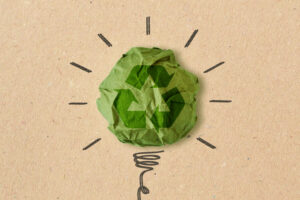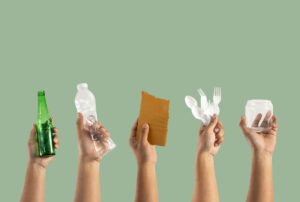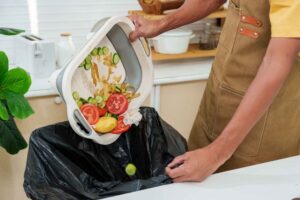The question of whether plastic is sustainable is complex and depends largely on how we define sustainability. While plastic has undeniable utility, its environmental impact often outweighs its benefits. For Australia, addressing plastic waste is a key part of broader sustainability goals.
Australia’s 2025 National Packaging Targets were ambitious, aiming for 70% of plastic packaging to be recycled, but with 2025 just around the corner, progress has fallen significantly short, with recycling rates still below 20%
Challenges with Plastic Sustainability
Is plastic sustainable in practice? The answer largely depends on how we manage its lifecycle:
- Environmental Harm – Plastic pollution impacts waterways, wildlife, and ecosystems, particularly in marine environments. Plastics that do not biodegrade fragment into microplastics, which further degrade environmental health
- Recycling Limitations – Although recycling plays a role in making plastic sustainable, it often results in down-cycling. This process transforms plastics into lower-value products, reducing their future usability and perpetuating the demand for virgin materials
Benefits of Plastic
While the sustainability of plastic is questionable, its durability is advantageous in certain contexts, such as medical equipment, infrastructure/construction, and food preservation (packaging). These essential uses highlight the complexity of the plastic sustainability debate.
Plastic Recycling for Businesses
At KS Environmental, we are committed to making the recycling of plastic as sustainable as possible. We process plastics numbered 1–7, including tubs, jars, and bottles, as part of our comprehensive commingled recycling service.
Practical Tips for Reducing Disposable Plastics
Reducing reliance on disposable plastics is a critical step in making plastic sustainable for the long term. Here are six simple ways to cut out single-use plastics:
1. Straws – Skip them or use stainless steel alternatives.
2. Bottled Water – Switch to a reusable water bottle.
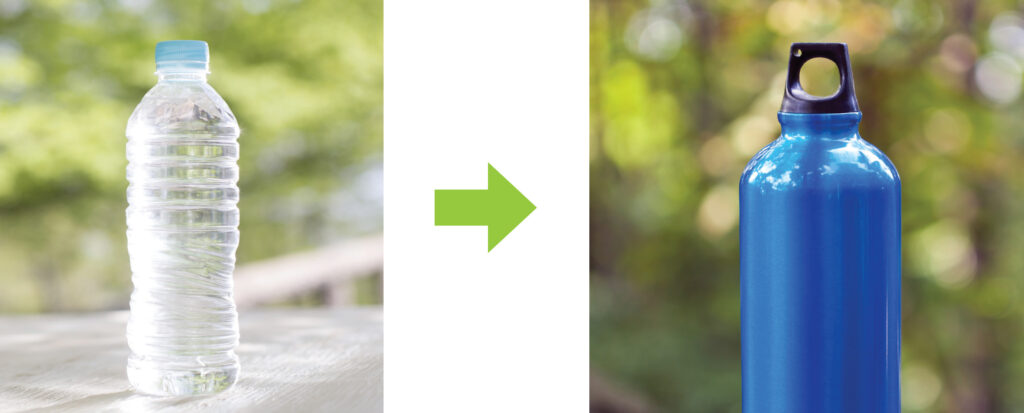
3. Toothbrushes – Choose bamboo options.
4. Cling Wrap – Use beeswax wraps or reusable containers.
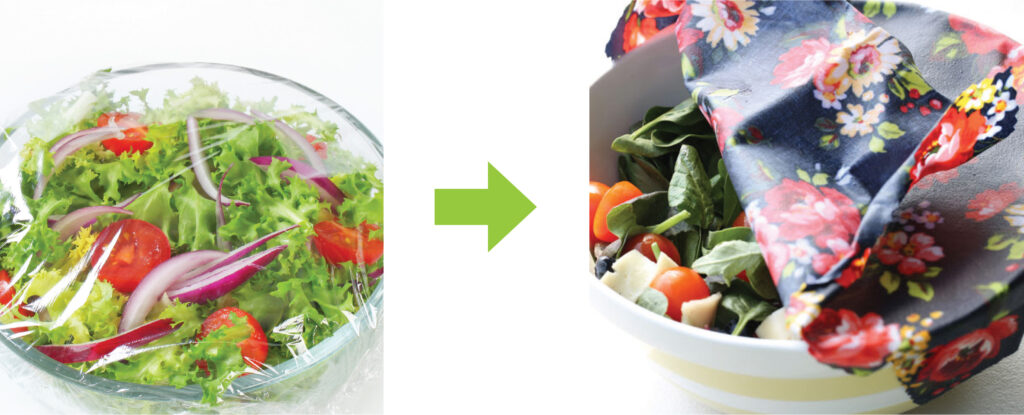
5. Soft Drink Bottles – Reduce consumption or use a soda stream for homemade fizzy drinks.
6. Coffee Cups – Bring your own reusable cup or enjoy your drink in a café.
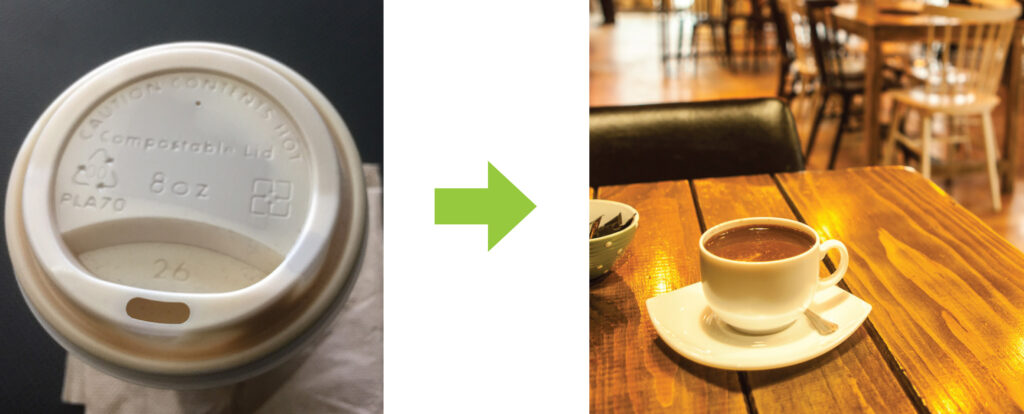
The Path to Plastic Sustainability
Making plastic sustainable requires a multi-faceted approach that includes reducing usage, reusing products, and improving recycling practices. The 5 R’s of recycling – Refuse, Reduce, Reuse, Repurpose, and Recycle – offer a practical guide for reducing plastic waste. For tips on how to implement these strategies in your workplace and everyday life, check out our blog on the 5 R’s of recycling.
Sources: Australian Government, Department of Agriculture, Water and the Environment, Australian Government, Department of Climate Change, Energy, the Environment and Water

